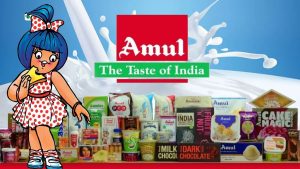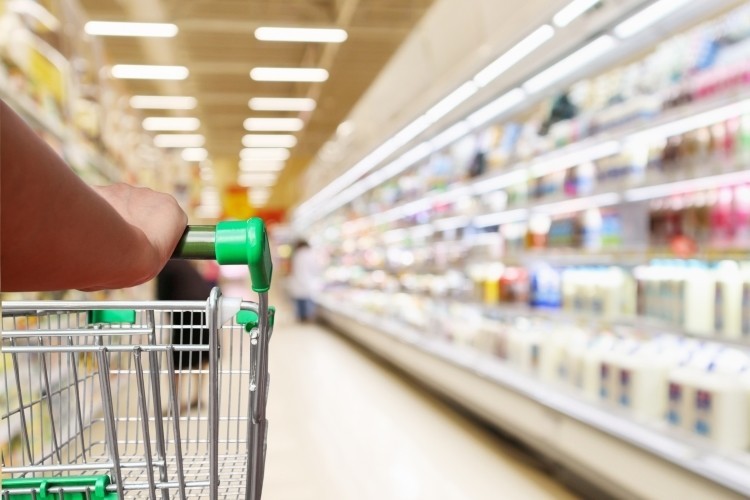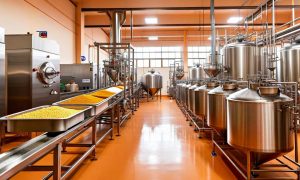
I haven’t met anyone who thinks chocolate milk comes from brown cows. The chocolate or cocoa, we know, comes from some place in the neighbourhood of the equator, milk from a nice dairy farm with lots of happy cows and sugar from a windswept farm in a place that is warm for most parts of the year. Sadly, for most people that is the full extent of the knowledge of one of the world’s most beloved dairy-based beverages. What else is there to know, one may wonder. Lots.
Most groceries, dry or wet, in modern supermarkets look pretty impressive with seemingly endless rows of temperature-controlled aisles stacked with fresh food that can even be an effective ‘retail therapy’ for some. But nothing is what it always seems. Modern day food hides some unpleasant secrets. To be very clear, this is not just about food adulteration that is straight up illegal. What I am talking about is far more basic. Where does our food come from? Which farm was it grown in? Who was the farmer? What kind of crop system does he or she follow? How much water was used? If it is not organic, how much chemical input was used – pesticides and chemical soil nutrients? What is the condition of the soil in which it was grown and its carbon content? I can go on, but I think we all get the point.
Food is a very complicated subject. It is also such a basic building block in our life that we tend to take it for granted. There can be little doubt that the awareness level in general is rising. The growing preference for organic food, even if it is only a thin sliver of the market, is a good testimony to that. But there is a lot more to it. For example, it is not only the seed quality, but the health of the soil too determines the quality of the produce. For a dairy it gets a bit more complex because the quality of feed will determine the quality of the milk, where the question should be in which farm was the cow feed grown? What about the health of the cow and the way she is treated? Did she get clean water to drink and allowed to eat at her leisure? Every one of these elements can affect the quality of the chocolate milk we started with.
The idea of traceability of food is not exactly common knowledge. While organic food may seem like a good choice, not all are of the same quality, because two farms may have slightly different practice or even soil health. This is true of everything we eat. Starting with farm produce, all the way to ready to eat or easy to cook items that today’s fast-moving lifestyle demands. An innocent bottle of ketchup is made with farm products from multiple sources and then there are other ingredients like acidity regulators, preservatives, colouring agents, stabilizers etc. I am yet to see a popular brand of ketchup that tells us where the tomatoes or chilies came from.
Tracing our food to the last-minute detail achieves two big objectives. One we get to know what we are eating and therefore get to make conscious choices, hopefully healthier ones. As a cascading effect, the shift in demand for better food will also impact how they are produced, which in turn will positively impact the environment as well. Water usage and soil health will be watched more closely too. We will know if animals are abused.
As consumers there is a lot, we can do to make traceability of food commonplace. Today there are at least eight food-related laws in India that ensures we are not poisoned by some greedy businessman or deprived of food by an unscrupulous hoarder. But we should ask for more. We can even demand our law makers, both at the states and centre to write new laws that will make traceability of food mandatory. Some immediate steps to reign in traceability into our food ecosystem could be a mandatory use of technologies like block chain and Agriculture and Processed food products Export Development Authority’s TraceNet, the latter now used effectively to boost India’s agri exports. Manufacturers and brand custodians can publish data on the source of food inputs that will help consumers know where the ingredients came from including information on farm, farmer, soil quality, etc. Finally, independent third-party audits will also increase the consumers’ confidence and trust, like mandatory annual financial and tax audits and also hold government extension services accountable to enforce right farming practices across the country.

















